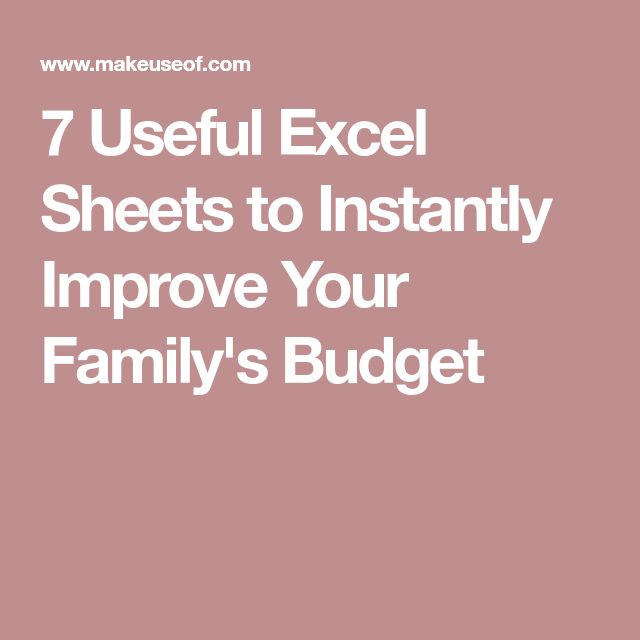5 Ways to Auto-Update Your Excel Sheets Instantly

Welcome to a world where Excel sheets update themselves in real-time, eliminating the need for manual updates and ensuring your data remains current and accurate. Whether you're managing inventory, tracking financial data, or coordinating project management, auto-updating Excel sheets can save time and reduce errors. Here are five effective methods to achieve this dynamic functionality in Microsoft Excel:
1. Use Excel's Built-in Features for Real-Time Data

Excel offers several features that can help in automatically updating data within your spreadsheets:
- Get & Transform Data: With this, you can connect Excel to external data sources like databases, web services, or other files. By setting up queries, your spreadsheet can pull in the latest data whenever it's opened or at regular intervals.
- Power Query: Part of the Get & Transform tools, Power Query allows for scheduled data refresh. You can import, transform, and load data into Excel automatically.
Setting up Power Query for Automatic Updates

To set up Power Query:
- Go to the 'Data' tab in Excel.
- Select 'New Query' -> 'From Other Sources' -> 'From Web' or any other source.
- Set up your data source and navigate to the desired data set.
- Transform the data as needed.
- Load the data into your Excel sheet, selecting 'Connection Only' if you wish to refresh data without opening the sheet.
🔄 Note: Remember that automated updates might require you to keep your computer and Excel running, which might not be energy-efficient.
2. Excel VBA and Macros for Dynamic Updates

Visual Basic for Applications (VBA) allows you to write scripts that can run automatically to update your data:
- Auto-open Event: You can program your Excel to run a macro whenever the workbook opens.
- Timer-based Macros: Use the `Application.OnTime` method to schedule macro execution at set intervals.
Creating a Timer-Based Macro for Periodic Updates

To create a macro that updates data periodically:
- Open VBA editor (Alt + F11), then insert a new module (Insert -> Module).
- Write the macro to perform your update operations.
- Use `Application.OnTime` to set when the next update should happen:
Sub UpdateMyData()
'Your code to update data goes here
Application.OnTime Now + TimeValue("00:05:00"), "UpdateMyData"
End Sub
⚠️ Note: Be cautious with auto-run macros, especially if your Excel files are shared or opened on different computers, as macros can pose security risks if not handled properly.
3. Utilize External Tools and Add-Ins

There are numerous add-ins and third-party applications that can enhance Excel's capabilities:
- Power BI: Integrate Excel with Power BI to dynamically refresh data from various sources.
- DataNitro: Allows for scripting in Python to automate Excel data updates.
Integrating Power BI with Excel for Live Updates

To use Power BI with Excel for live updates:
- Open Power BI Desktop and import or connect to your data sources.
- Create a data model or use Power Query to prepare the data.
- Publish your Power BI report to the service and set up refresh schedules.
- Embed the Power BI dashboard or report into your Excel file using the Power BI Excel Add-In.
💡 Note: Power BI requires a subscription for its full capabilities, which might add to your operating costs.
4. Sync with Online Services

Using cloud-based platforms like Microsoft OneDrive or Google Drive can enable real-time collaboration and automatic updates:
- OneDrive Sync: Your Excel file can be saved in OneDrive, allowing for automatic sync across devices.
- Google Sheets Integration: You can link Excel to Google Sheets, where Google Sheets can act as a live data source that Excel can fetch data from.
Setting Up OneDrive for Auto-Sync

Here's how to set up OneDrive sync for automatic updates:
- Save your Excel file to OneDrive and choose to edit with Excel Online or desktop application.
- Enable auto-sync in OneDrive settings on your device.
- Set up File Co-authoring settings to allow for collaborative editing.
5. Data Connections through Office 365 Services

Office 365 provides numerous integration points:
- Power Automate (Flow): You can create Flows that run on a schedule to update data in your Excel sheets.
- Office Scripts: Automate repetitive tasks with TypeScript-based scripts that can be triggered on a schedule or when a sheet is opened.
Using Power Automate for Scheduled Updates

To automate updates with Power Automate:
- Sign in to Power Automate, start a new flow, and choose the 'Scheduled Cloud Flow'.
- Set the schedule for your updates.
- Use Excel Online connector to add rows or update data in your Excel file stored in OneDrive or SharePoint.
With these methods at your disposal, you can ensure that your Excel sheets always reflect the most current data, reducing the need for manual interventions and improving productivity. Each method has its own set of advantages, from the simplicity of built-in Excel features to the power of integration with external applications and cloud services. By leveraging these tools, you can create dynamic, responsive, and up-to-date Excel spreadsheets that enhance data accuracy and workflow efficiency in your organization.
Can I use these methods on both Windows and Mac versions of Excel?

+
Yes, these methods are generally compatible with both Windows and Mac versions of Excel, though some features might have slight variations in functionality or availability.
Is there any performance impact when using auto-update features in Excel?

+
There can be a performance impact, especially with frequent updates or complex data operations. It’s important to manage the frequency and the complexity of updates to avoid slowing down your computer.
What happens if my data source is down during an automatic update?

+
Excel will typically log an error, and depending on the method used, it might either skip the update or wait to retry. Ensure you have error handling in your macros or scripts to manage such scenarios gracefully.